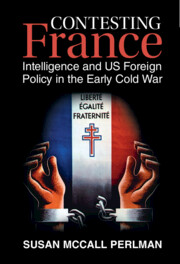Historiography on the extreme violence of fin de siècle colonial wars has often remained nationally fragmented or actively invested in theories of national exceptionality. Focusing on the British, German and Dutch empires, this article seeks to understand the extreme violence as a transimperial phenomenon and asks how we can conceptualise and give empirical substance to this transimperial dimension. First, I give some indication of the degree of transimperial connectivity in the field of colonial warfare, highlighting how intensive mutual imperial observation and the individual mobility of actors fed knowledge into what Kamissek and Kreienbaum have called an “imperial cloud.” Secondly, I argue that a transimperial body of thought behind the extreme violence can be discerned on the level of colonial warfare's racialisation and the resulting specific communicative and performative aspects. Drawing on fin de siècle manuals of colonial warfare and a selection of case studies, I take the transimperial notion of “moral effect” to demonstrate how such basic notions both generated and legitimised extreme violence in colonial warfare.
